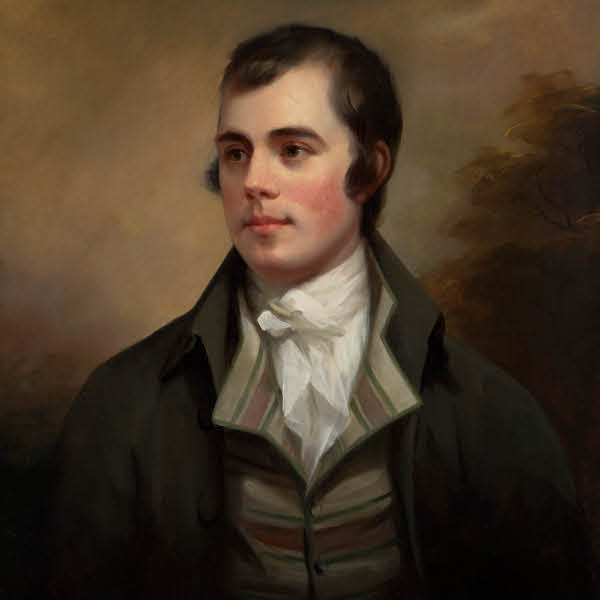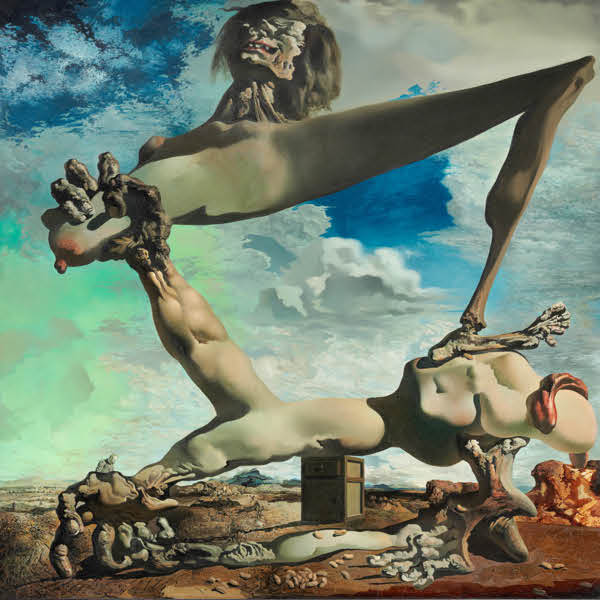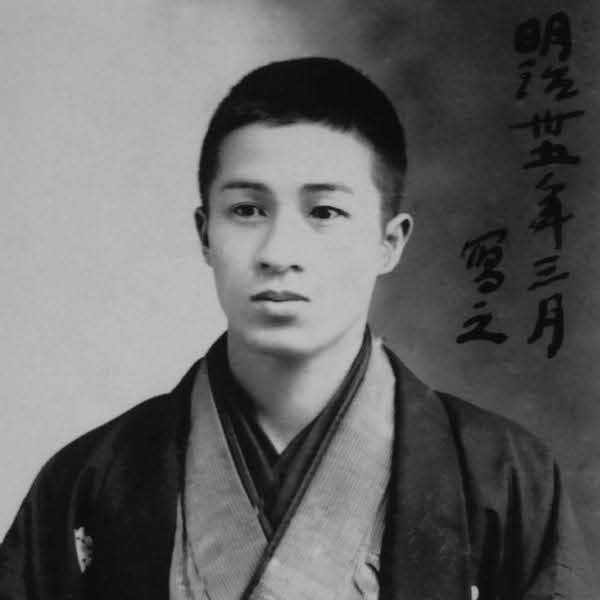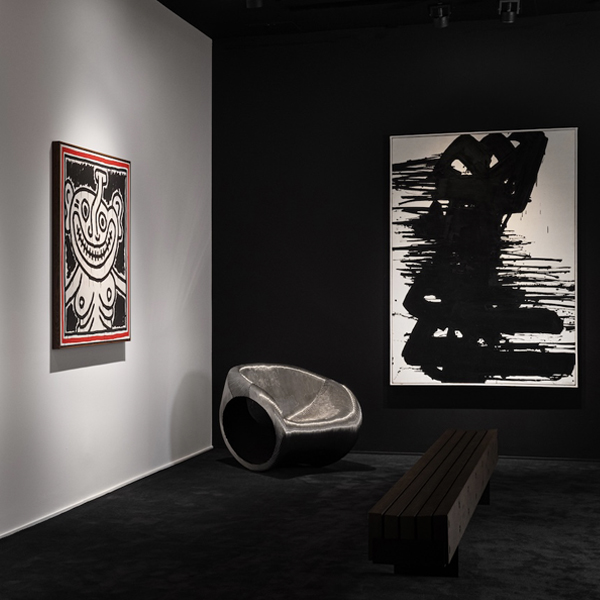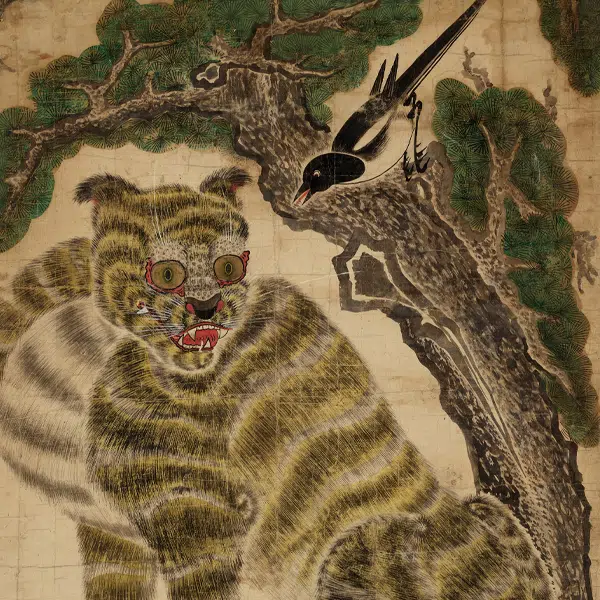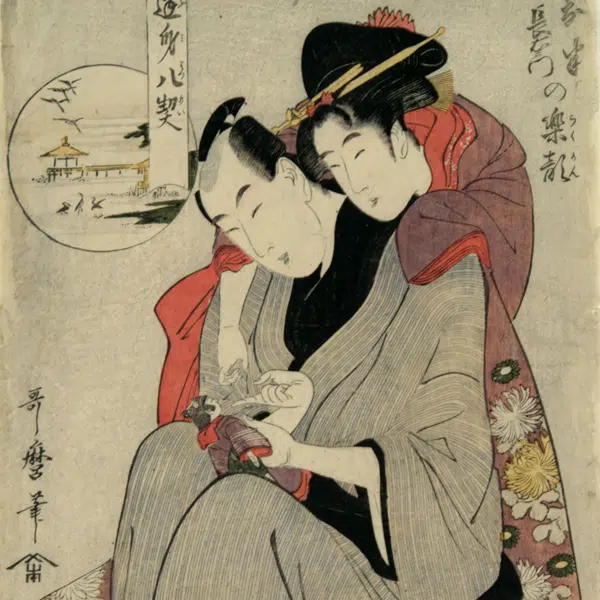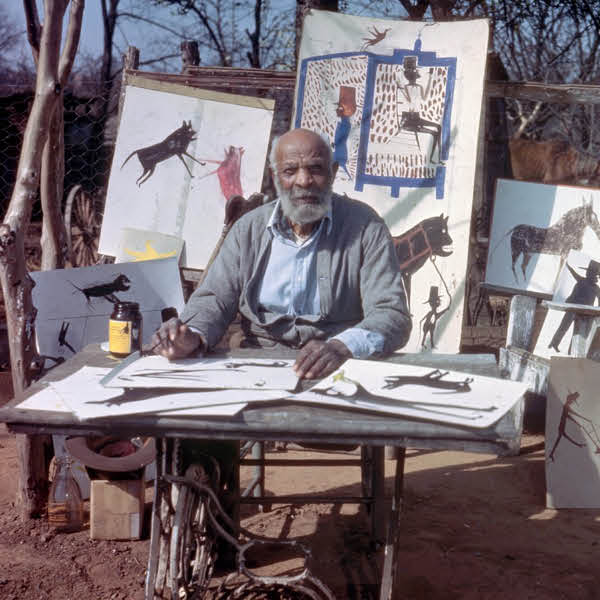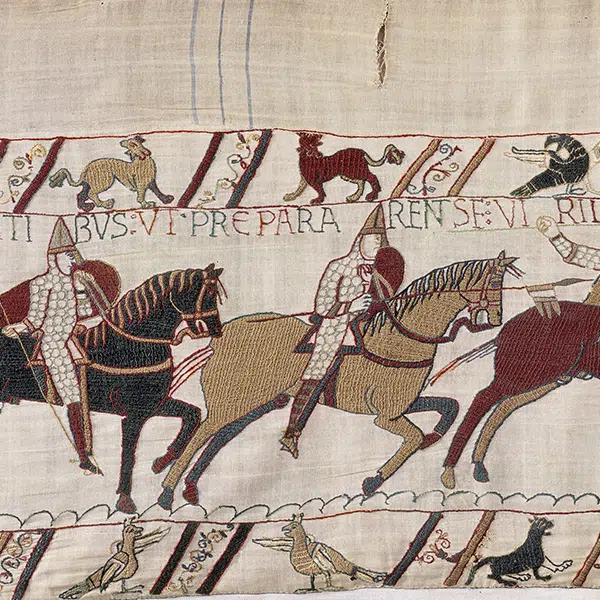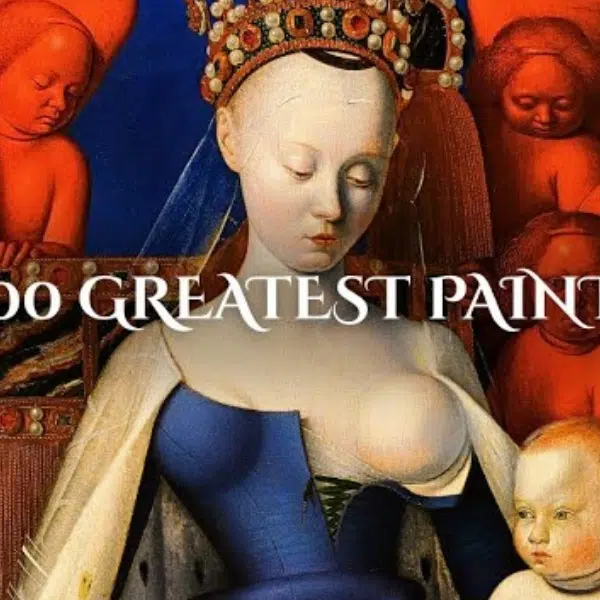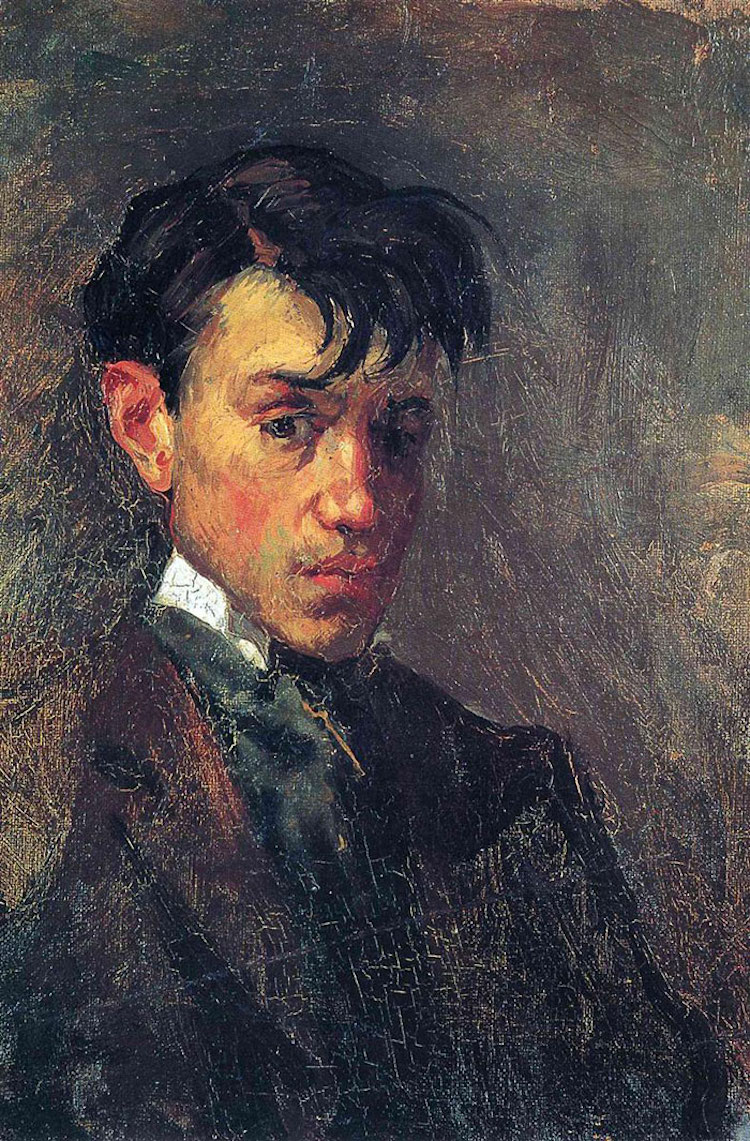
“Self-Portrait,” 1896 (Photo: Wiki Art, Public domain)
Usually, an artist's “early work” refers to pieces completed at the start of their career. In the case of modern master Pablo Picasso, however, the oldest examples of his artistic talent date back much further—beginning, unbelievably, when he was just a child.
The prolific painter would go on to have many stylistic changes throughout his long career, but his early period is a peek into his early artistic development.
Early Works by Picasso
Picasso was born in 1881 in Spain to an artistic set of parents. His father taught him formal drawing techniques from an early age, and by the age of eight, he was skilled in oil paint. His first oil painting, The Picador, is dated 1890 and is likely the oldest surviving painting by the artist.

“The Picador,” 1890 (Photo: Wiki Art, Public domain)
Over the next few years, Picasso produced academic drawings and paintings that illustrated a rapid improvement. Specifically, his pencil studies from 1890 through 1892 highlight his advanced understanding of classical art fundamentals, including human anatomy.
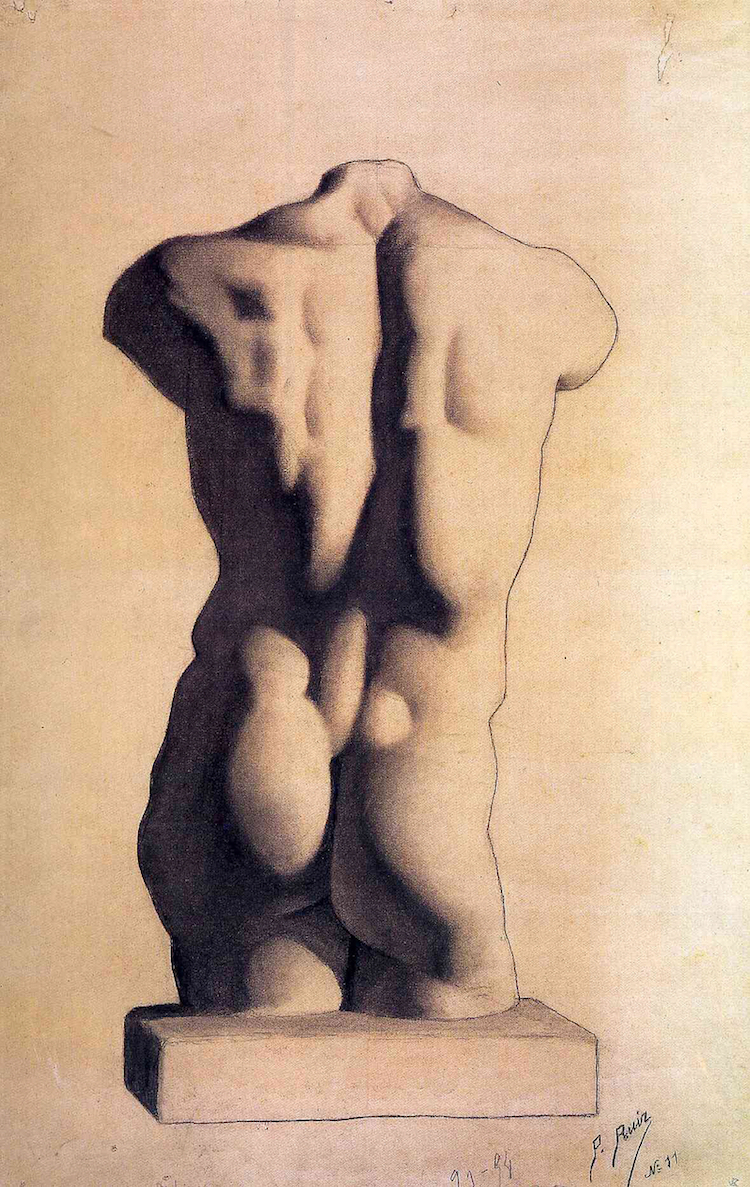
“Plaster Male Torso,” 1893 (Photo: Wiki Art, Public domain)
At just 13 years old, Picasso officially began his career as a young artist and enrolled in the Barcelona Academy of Art. During these formative years, he developed a realist style characterized by naturalistic brushwork, a true-to-life color palette, and everyday subject matter. He didn't stick around the Academy for long, however, and moved on to the San Fernando Royal Academy of Fine Arts in Madrid. Picasso was only there until he was 16.
Picasso enjoyed painting portraits of his loved ones and scenes inspired by his Catholic faith. Both of these artistic interests are evident in The First Communion, a large-scale painting of his sister, Lola, from 1896.
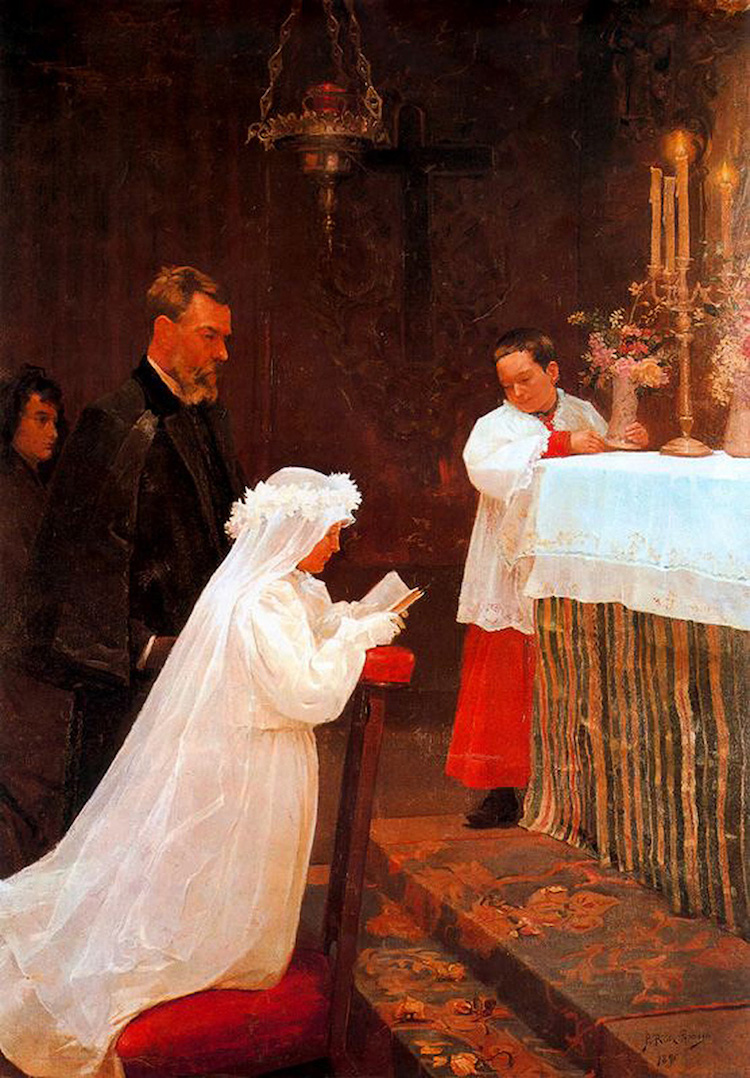
“First Communion, 1896 (Photo: Wiki Art, Public domain)
Picasso worked in realism for the rest of the 1890s. By the turn-of-the-century, however, he had entered his Blue Period, a phase that ushered in a modernist aesthetic and ended the oeuvre now known as his “early work.”
While people with traditional tastes may prefer his childhood work, Picasso himself held his later avant-garde art in higher esteem. “It took me four years to paint like Raphael,” he famously explained, “but a lifetime to paint like a child.”
See more of Picasso's awe-inspiring early work below.
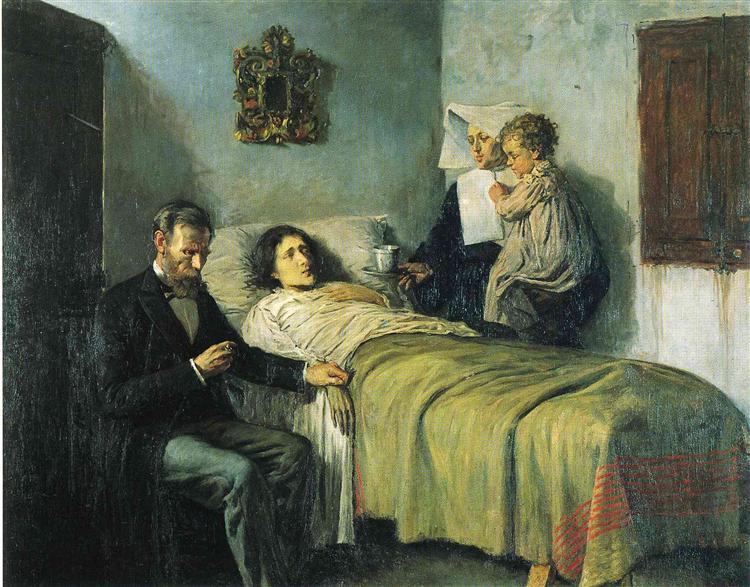
“Science and Charity,” 1897 (Photo: Wiki Art, Public domain)
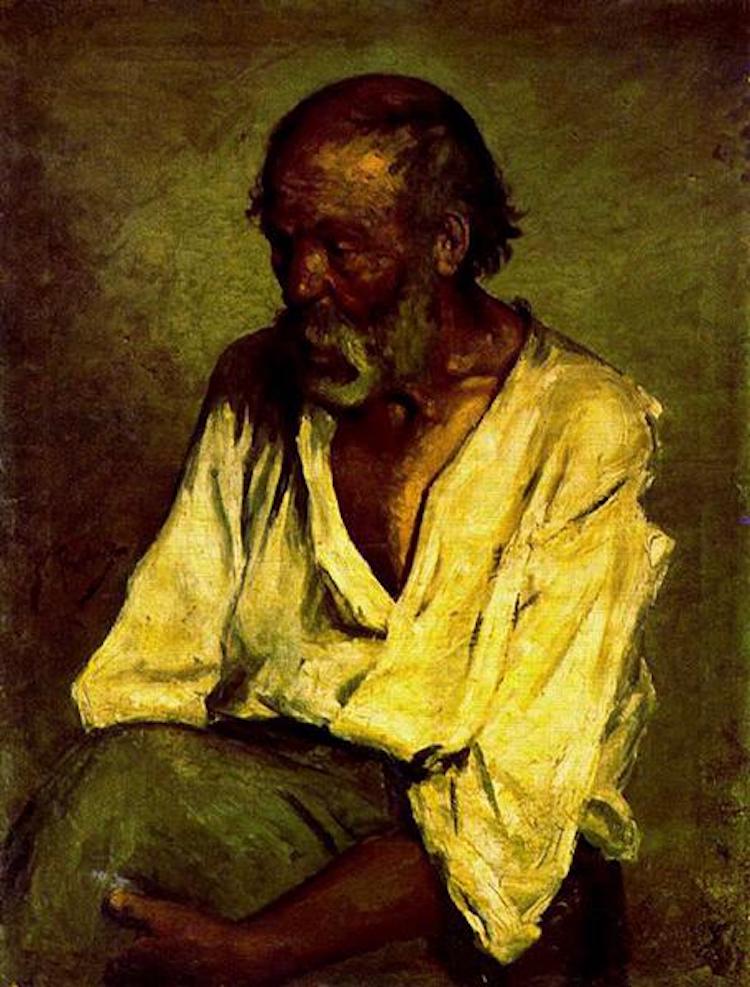
“The Old Fisherman, 1895” Photo: Wiki Art, Public domain)
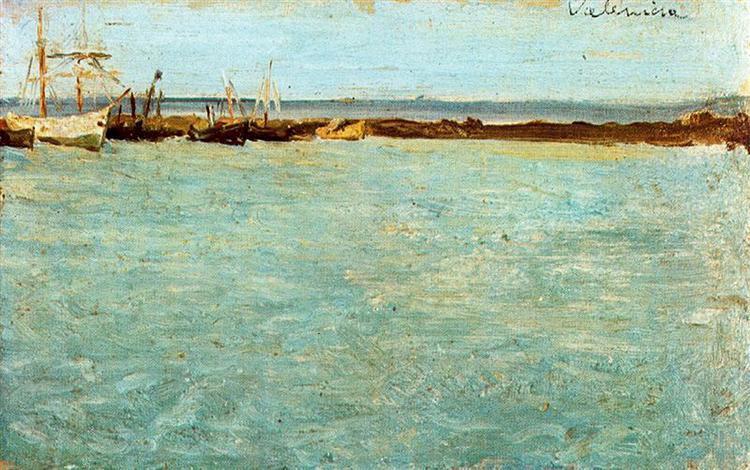
“View of the Port of Valencia,” 1895 (Photo: Wiki Art, Public domain)
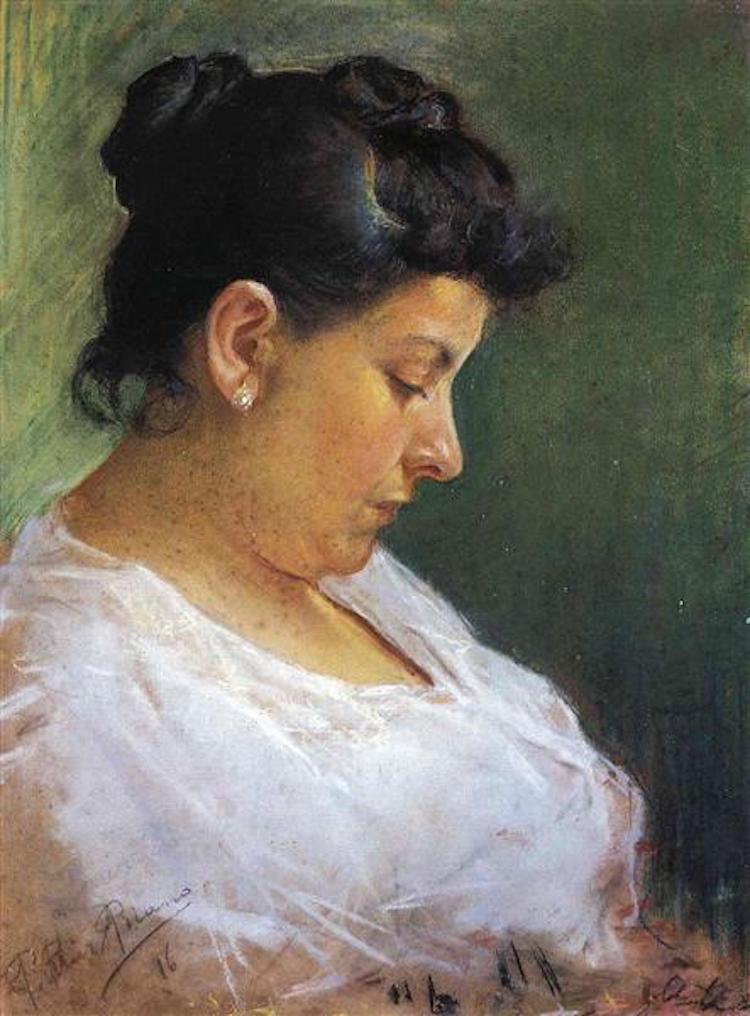
“Portrait of the Artist's Mother,” 1896 (Photo: Wiki Art, Public domain)
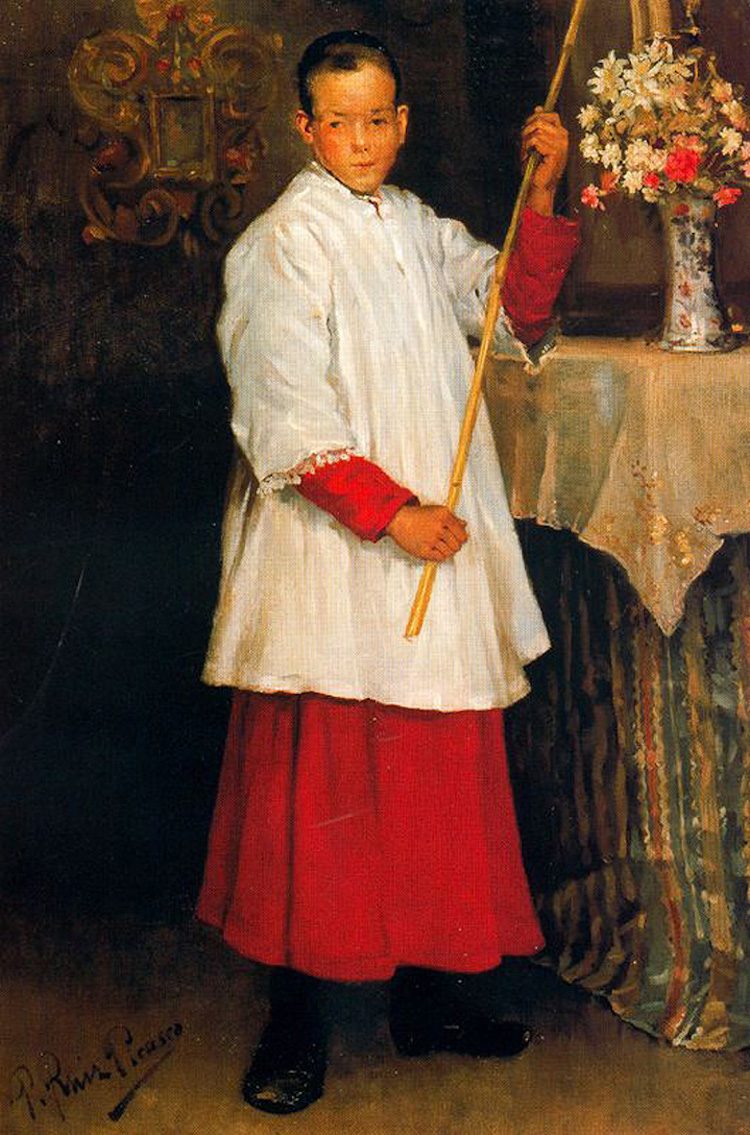
“The Altarboy,” 1896 (Photo: Wiki Art, Public domain)
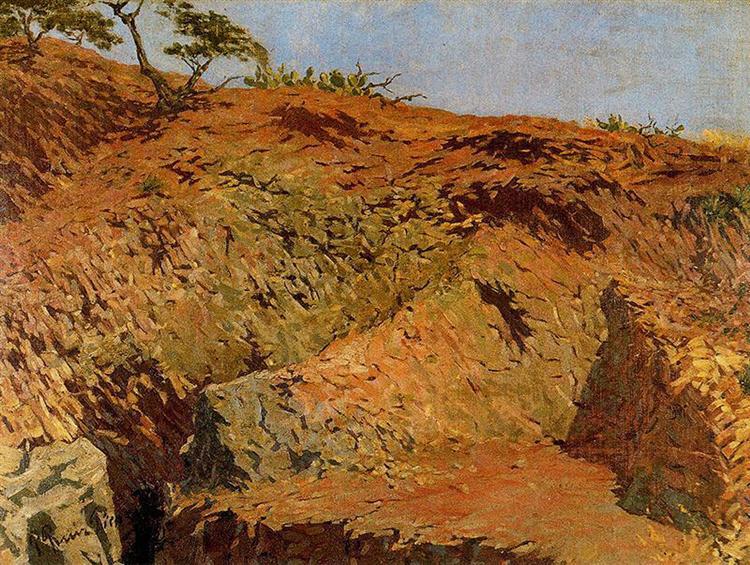
“Quarries,” 1896 (Photo: Wiki Art, Public domain)
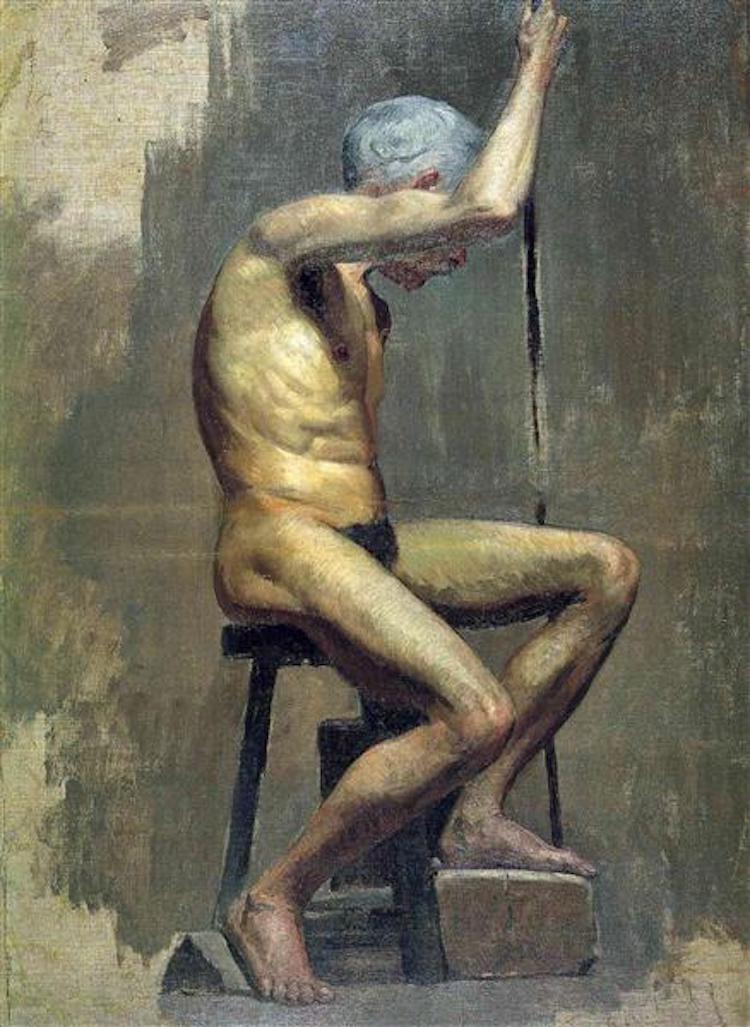
“Academic Study,” 1895 (Photo: Wiki Art, Public domain)
Want to learn more about the artist's development? Explore the entire evolution of Picasso's painting style.
This article has been edited and updated.
Related Articles:
Cubism: How Picasso and Others Broke From Tradition to Transform Modern Art
What is Modern Art? Exploring the Movements That Define the Groundbreaking Genre
33 Art History Terms to Help You Skillfully Describe a Work of Art











































































